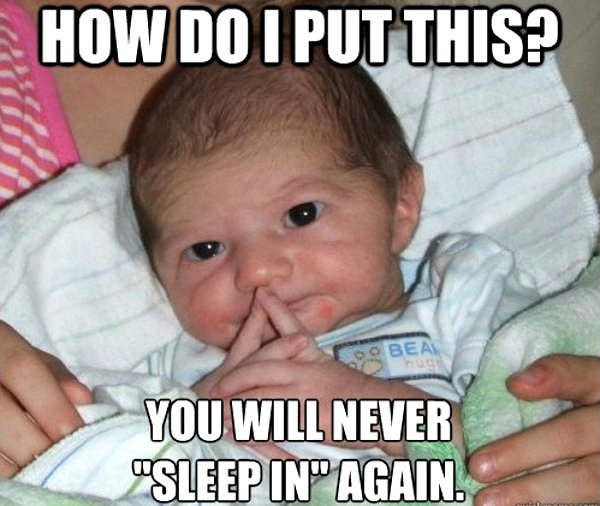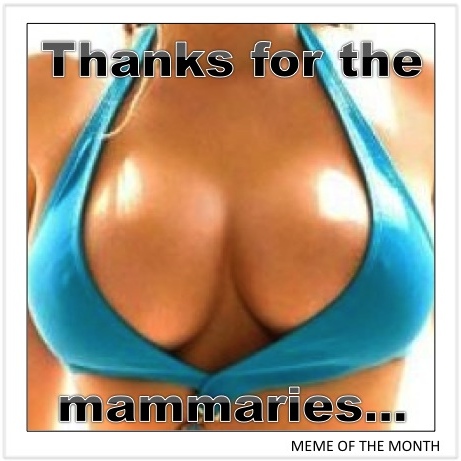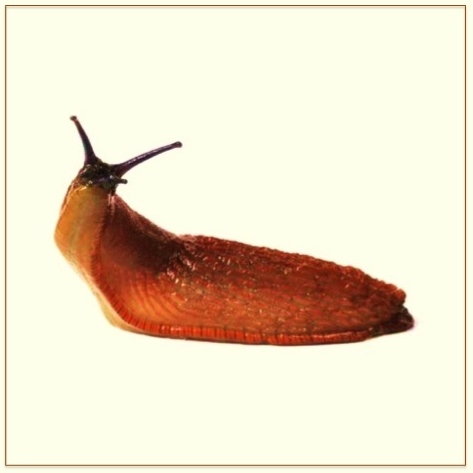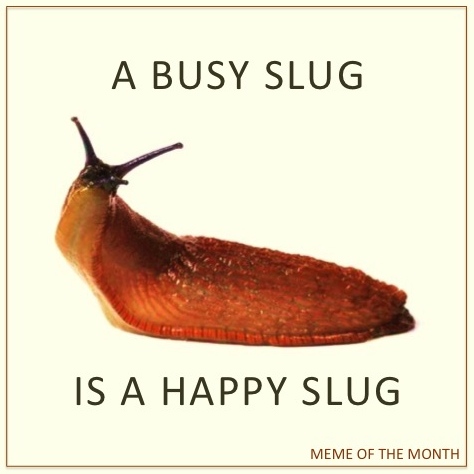Running, I see The spire at Stephansplatz Marks but one focus Of the radial flip-flop_ This heavy-footed canter Of a middle aged man.
Home > Monthly Archives: April 2015
Third time I colored my hair
I pitched a hiss
At the Hair Cuttery bitch—
Too dark! Look at this!
The roots are showing.
It’s all the wong shade.
Dear sweet Lord, fuck that—
I’m going gray.
Grant’s life story was much like my first book: Strung scenes together because he liked them, not because they went anywhere.
The Fates of love are Fates of propinquity_ The nearness of elbows Or endocrine surge, The places where Paths narrow, Nudging us Together.
A couple of months ago, I was thinking about how I would keep my site “fresh” in its second year of infancy. I was working through a lot of material that I had sitting around from years of futile scribbling and worried that I would run out of shit to rehash.
I proposed to myself that I would try to be looser and just sit down and hammer out things that I was thinking about. Despite inviting violations of my “no-blogging” dictum, this was at least an exercise in letting things flow.
So having wasted 92 words prefacing the following, I can now vouch for the fact that I am writing this in a Panera at 9:45 pm on a Friday night, “letting things flow.” Picture the bearded ündermensch in his go-to khakis and tee shirt force-feeding his computer in his undying quest to do something, something that isn’t utterly small and demonstratively mediocre.
And yet, the fact is that this—yes—blog post achieves nothing more than the aforementioned smallness and mediocrity doesn’t end the conversation. For it seems to me that the World Wide Web is history’s greatest pulpit for all that is small and mediocre.
It is where the small and mediocre come to crow and cry and jump up and down in the hope, if not for adulation, then at least for the ephedrine bump of the almighty “like”—by which the crowd merely says, yes, we see you. You exist. Now back to Snapchat and Sudoku.
Habit’s a far sight From predisposition, Which can’t be shown To prove the crime. So watch for ticks and slants, How she turns away Before she says goodbye.
it’s not bombs not Ebola not burning in my bed not even al Qaeda but smallness that I dread
When I first started “writing for the web ecology,” I asked whether writing could survive on the Internet. The question presupposed a sort of battle between the weakling word on one side, and the brute image on the other. But the question—and the dichotomy—was misplaced.
Words and images aren’t enemies, as might be supposed. Rather, both are cohorts in whatever good or mischief they are put to. They can pull in the same direction to devastating effect (see, e.g., 1024/13).
My kids are huge fans of the meme—those easy-to-chew visual candies that you can pop down on the bus or on the crapper. Most are stupid, some are brilliant. One of my favorites:
To be generous, you could say that the meme phenomenon is like an extended experiment in word-image orientation. They tell us a lot about how words and images work together.
Example 1:
a. The image arrests; it throws the punch:
b. Words change the image’s meaning; they redirect its force:
But it can work the other way around too.
Example 2:
a. Sometimes the image is dull and flat:
b. And words bring the party:
There’s just no easy way to disentangle word and image, except to admit that words require an interpretive skill—reading—whereas the image can simply be “seen.” But that doesn’t say everything. Reading images requires cultural knowledge. How else would this be so funny?
No, it doesn’t work to set the image up as the fall guy for the ills of the world, any more than does it work to complain about the inadequacies of words. Better to consider the uses they are put to, and complain (if it makes you feel better) about their content, about the cultural of distraction that has blossomed out of the fertile soil of the Internet.







